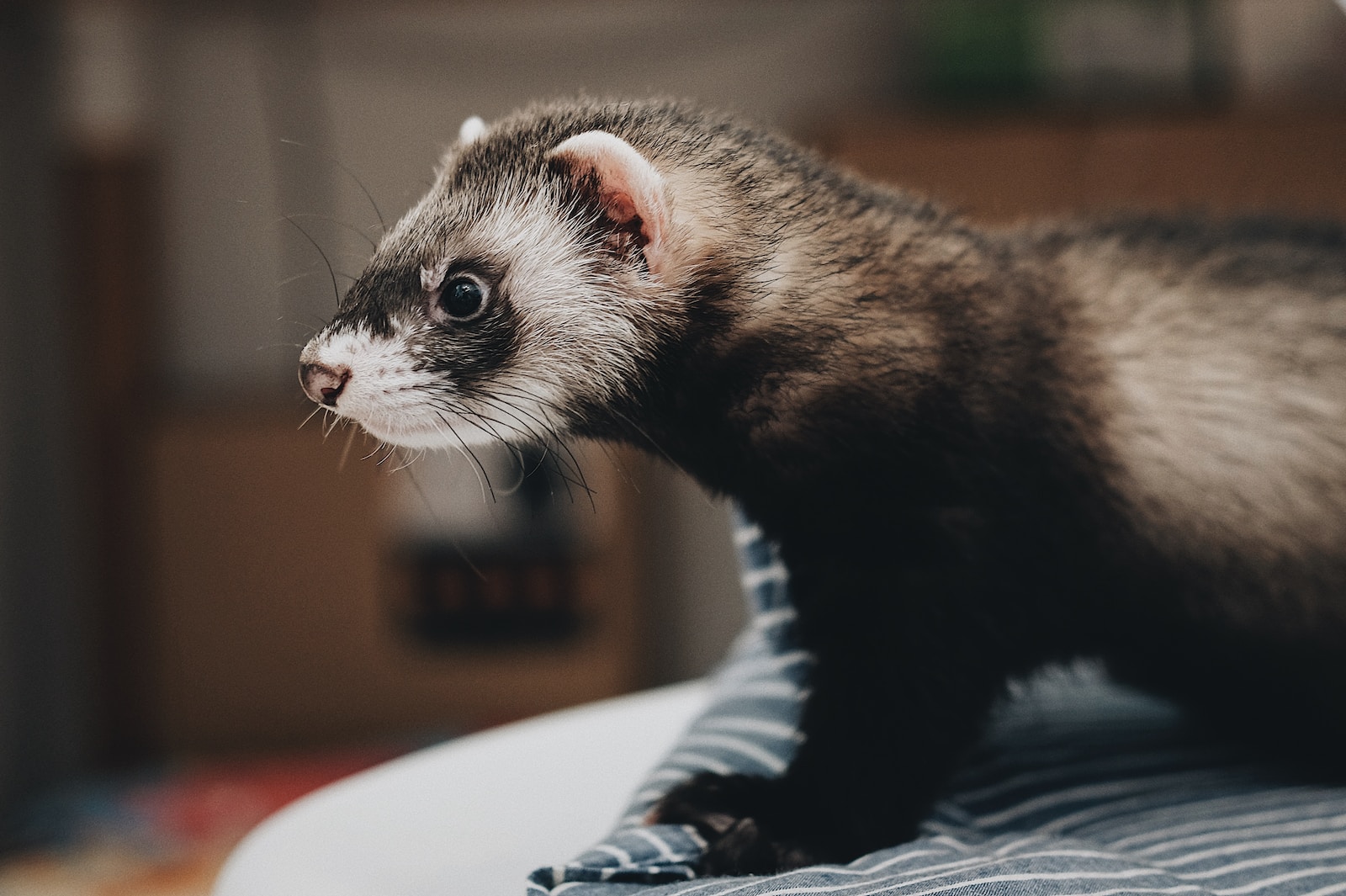If you’re considering welcoming a furry, playful companion into your home, one question may be lingering on your mind: How long do ferrets live? It’s a crucial inquiry, as understanding the lifespan of these enchanting creatures plays a pivotal role in responsible pet ownership. In this comprehensive guide, we’ll delve into the intricacies of ferret longevity, exploring the factors that influence their lifespan and offering insights into how you can ensure a happy and healthy life for your ferret.
The Enigmatic World of Ferret Lifespan
Ferrets, with their boundless energy and mischievous antics, capture the hearts of many pet enthusiasts. To unravel the mystery of their lifespan, we must first recognize that these charismatic creatures are not just pets; they are family members. The average lifespan of a ferret is influenced by a variety of factors, ranging from genetics and diet to the environment in which they are raised.

Genetic Code: The Blueprint for Longevity
Just like us, ferrets inherit certain traits from their ancestors. Understanding the genetic code that governs their existence provides valuable insights into their potential lifespan. We’ll explore the role of genetics in determining the health and longevity of these charming animals, shedding light on how selective breeding practices can impact their overall well-being.
The Role of Diet: Fueling the Ferret’s Journey
A ferret’s diet is more than just sustenance; it’s the fuel that propels them through their playful and energetic lives. In this section, we’ll uncover the dietary essentials that contribute to a longer, healthier life for ferrets. From protein-rich meals to essential vitamins, we’ll guide you through crafting a nutrition plan that caters to the unique needs of these dynamic pets.
Environmental Harmony: Creating the Ideal Habitat
Ferrets thrive in environments that mimic their natural habitat. Unveiling the secrets of creating an ideal living space, we’ll discuss the significance of space, stimulation, and socialization in promoting a longer, more fulfilling life for your ferret. Learn how to strike the perfect balance between freedom and safety, ensuring your ferret flourishes in a loving home.
Common Health Concerns: Navigating the Challenges
While ferrets are resilient creatures, they are not immune to health challenges. From common illnesses to preventive care, this section will equip you with the knowledge needed to safeguard your ferret’s well-being. By understanding the red flags and implementing proactive health measures, you can extend the quality and duration of your ferret’s life.
Conclusion: Nurturing a Lifelong Bond
In conclusion, the lifespan of ferrets is a multifaceted puzzle, with each piece contributing to the overall picture of their existence. By exploring the genetic, dietary, environmental, and health aspects of ferret care, you are empowered to be a conscientious caregiver. Cherish each moment with your ferret, providing the love and care that form the foundation of a lifelong bond.
Unlock the secrets of ferret longevity and embark on a journey of companionship that transcends time.
FAQs about Ferret Lifespan
- Q: Can ferrets live longer with a specific diet?
- A: Absolutely! A well-balanced diet, rich in protein and essential nutrients, contributes significantly to a ferret’s longevity. Choose high-quality ferret food and consider supplementing with meat treats for optimal health.
- Q: Are there specific breeds of ferrets with longer lifespans?
- A: While genetics play a role, there isn’t a definitive correlation between specific breeds and longer lifespans. Responsible breeding practices and a nurturing environment are paramount for every ferret’s well-being.
- Q: How does environmental enrichment impact a ferret’s lifespan?
- A: Environmental stimulation, including toys, tunnels, and social interactions, enhances a ferret’s mental and physical well-being. Enriching their surroundings promotes a longer, happier life.
- Q: What are common health issues affecting ferrets, and how can they be prevented?
- A: Common health issues include adrenal disease and insulinoma. Regular veterinary check-ups, a balanced diet, and a clean living environment are crucial in preventing and addressing these concerns.
- Q: How can I ensure a smooth transition to the senior years for my aging ferret?
- A: As ferrets age, adjustments to their diet and veterinary care may be necessary. Regular monitoring, a comfortable living space, and extra attention to their changing needs ensure a graceful transition into their senior years.

